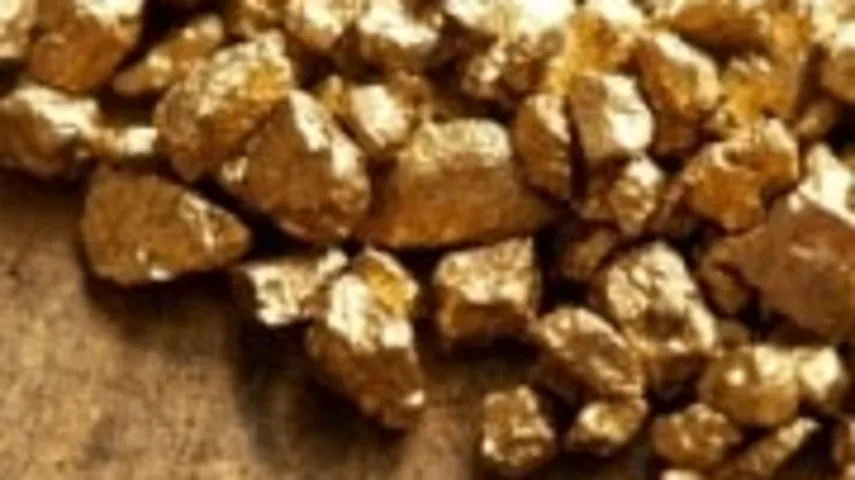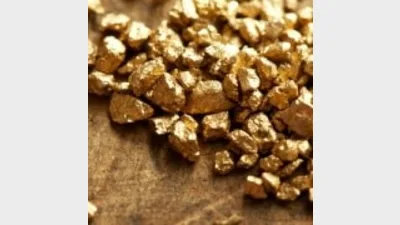Precious metals up as investors turn to alternatives



The inflation fears and the necessity to search for a source of uncorrelated returns, to complement low-yielding fixed income and expensive equities, have seen precious metals prices go up by around 10% during the past three months, according to ETF Securities.
ETF Securities head of distribution, Kanish Chugh, said that numerous studies showed that returns from mainstream asset classes tended to suffer when inflation spiked but the returns of gold and other precious metals moved into the double digits.
“Precious metals also offer portfolio diversification. They have no internal rates of return, unlike shares and bonds, and so their priced are set entirely by supply and demand,” he said.
“Whereas demand for most commodities is cyclical, rising and falling with economic activity, precious metals have both cyclical and counter-cyclical demand. Cyclical demand comes from industrial use, such as jewellery making for gold and silver, and car manufacturing for palladium.”
He stressed that countercyclical demand showed itself in demand for gold when stock markets fell and gold was often referred to as an event risk hedge, producing positive returns when unexpected events occur.
Chugh said it did happen during the 1987 share market crash, the 1990 Iraq war, the Russian debt crisis of the late 1990s, the bursting of the dotcom bubble in the early 2000s and the US equity bear market in 2008.
Recommended for you
VanEck is expanding its fixed income range with a new ETF this week to complement its existing subordinated debt strategy which has received $1 billion in inflows this year.
Specialist global equities manager Nanuk has celebrated 10 years of its flagship New World Fund and is actively considering its next possible vehicle.
Australian equities manager Datt Capital has built a retail-friendly version of its small-cap strategy for advisers, previously only available for wholesale investors.
The dominance of passive funds is having a knock-on effect on Australia’s M&A environment by creating a less responsive shareholder base, according to law firm Minter Ellison.












